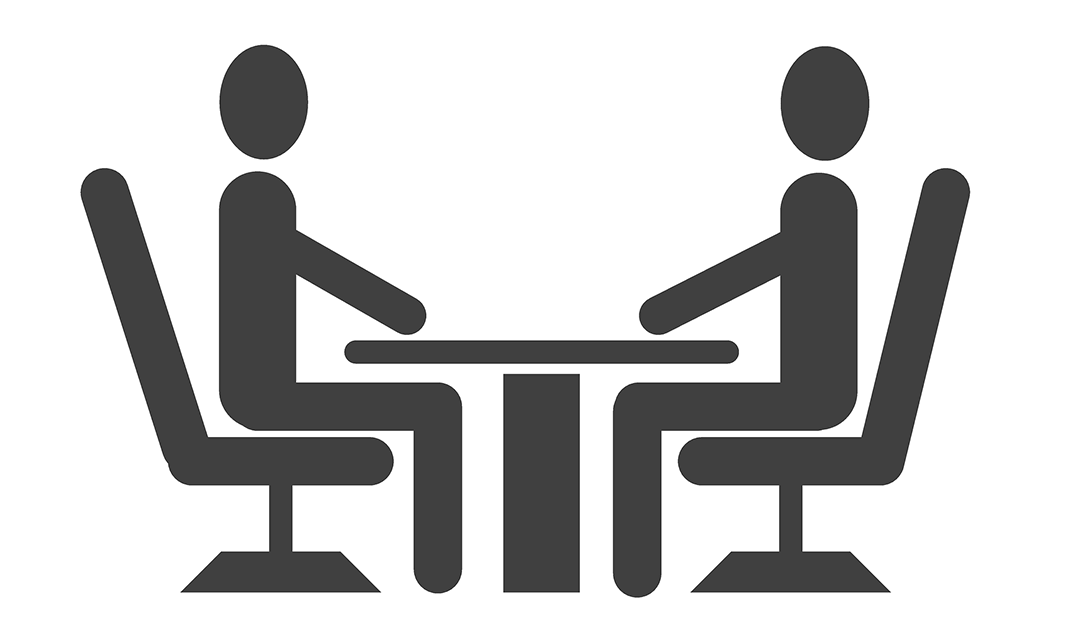How to Ace the Interview

Aiming to secure a new job for the new year? Julia Harris-Wexler of the Columbia Career Coaches Network offers her top tips to get the role you want in 2019.
Here you are, interviewing again. Yikes! You didn’t expect to be in this particular place in your professional life. But you are. It's uncomfortable on many levels. The fear and anxiety associated with this process are overwhelming. Those “what if . . . “ factors are looming loud in your mind:
What if you don’t get a job?
What if it takes too long?
What if you aren’t able to pay your bills?
What if the salary is too low, but no other offers exist?
Calm down. Breathe. There is a process for optimizing your interview experience so that you are at the top of your game. If you do the work up front, you can be very confident you are doing everything in your power to optimize your chances to get hired.
The Process:
- Prepare a tight, succinct, truthful elevator pitch. You should be able to clearly articulate in three sentences or less the value you bring to the employer.
- Be sure your LinkedIn profile and resume resonate with your specific accomplishments. What did YOU make happen in each job? Don’t recite job descriptions. Instead, delineate what you did with the job description that translates directly into results using numbers.
- Create a personal marketing plan: identify all employers and potential roles that dovetail with your elevator pitch. (Consult a career coach if needed.)
- Devise a plan to reach out to employers by leveraging your contacts: ideally warm leads.
- Review job descriptions in your field of interest and incorporate new skills into your resume by taking classes, getting certifications, etc. Increase your resume-building experience.
- Interview prep: It is crucial to understand the future employer’s mission statement: What does this company want to do/be? How does your experience significantly add to their stated mission? What problem are you solving for them?
- Interviews go best when employers talk more than you do. Be sure you are relating to the employer and learn about them by asking smart questions. Do not hold a monologue on your interests and passions. Instead, discuss how your experience helps THEM.
- Follow up smartly. Use the thank you e-mail wisely and bring up a point you didn’t get to cover during the interview.
- Ask for feedback, regardless of the outcome. Stay in touch with all employers who have interviewed you. Openings happen all the time. Employers always want to reach back to those who they enjoyed interviewing. Time is on your side if you develop relationships, versus view the interview as a one-shot deal.
- Numbers game: You should have 5-10 interview situations going simultaneously.
For the past two decades, Julia Harris-Wexler has coached clients on how to strategically manage their career transitions. She is certified by Columbia's Advanced Coaching Intensive (Columbia Business School and Teachers College), in addition to spending two decades as a senior partner in the executive search industry. She works with heads of talent acquisition and human resource departments at Fortune 500 companies to help them staff their human capital needs and brings this expertise to her individual coaching clients. She understands how to help clients navigate through the peaks and valleys of their career trajectories using her academic and coaching training, as well as her experience interviewing and recruiting more than 1,000 professionals. Harris-Wexler has been a professional speaker on various leadership and career vocation panels at Ivy League universities.
Learn more about Harris-Wexler and the rest of the Columbia Career Coaches Network.
